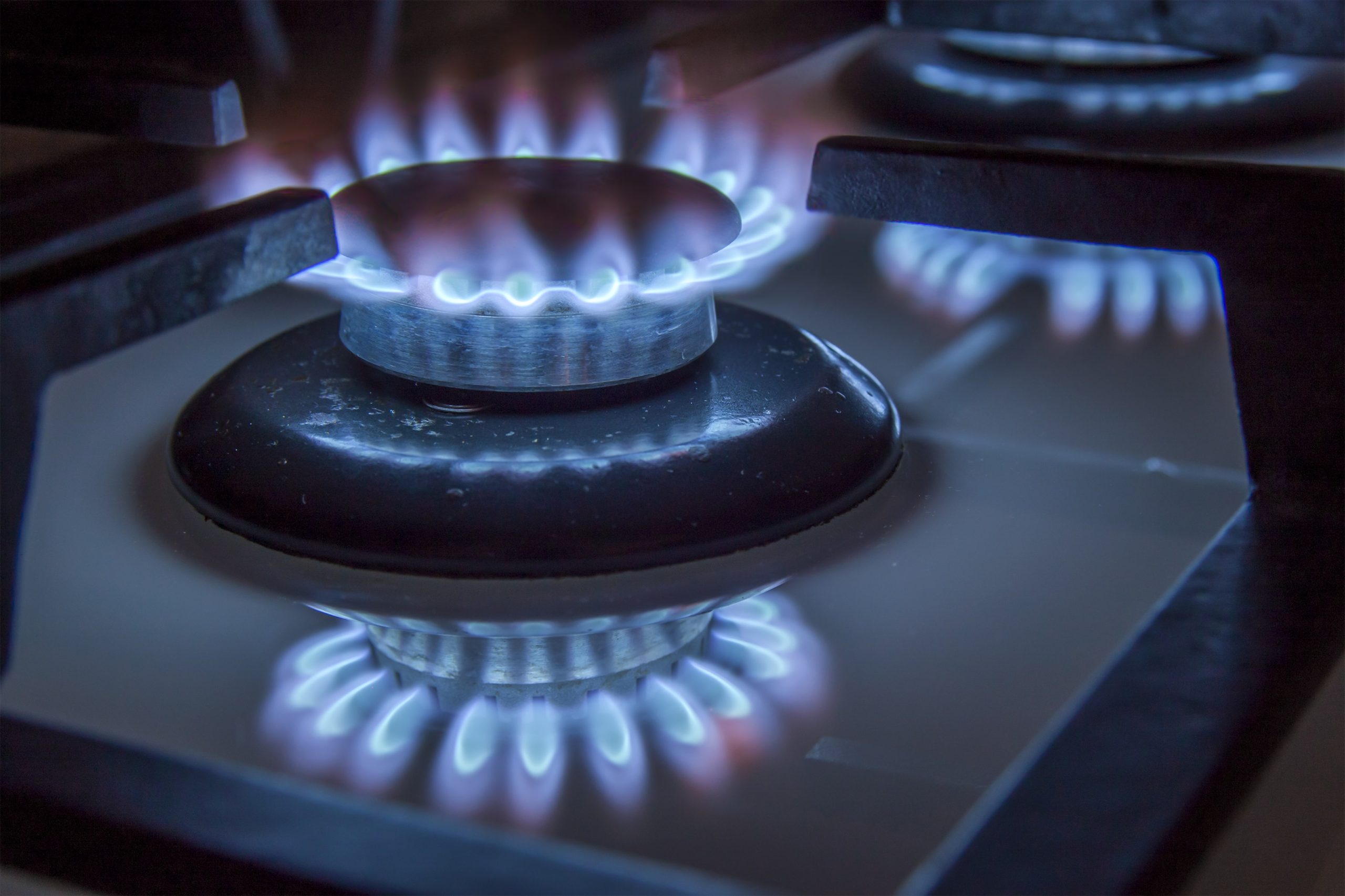Gas Certificate Landlord Milton Keynes: What's No One Is Discussing
The Importance of a Gas Certificate for Landlords in Milton Keynes
As a landlord in Milton Keynes, it is vital to guarantee that the residential or commercial properties you lease are safe and compliant with the pertinent guidelines. One essential element of this is getting a gas certificate, likewise known as a Gas Safety Record. In this article, we will discuss the importance of a gas certificate for property managers in Milton Keynes, the advantages of having one, and the consequences of not having one.
What is a Gas Certificate?
A gas certificate is a file that validates that the gas devices and installations in a residential or commercial property have actually been checked and validated as safe to use. The certificate is provided by a Gas Safe registered engineer after carrying out a comprehensive inspection of the home's gas system. The certificate includes information such as:
- The address of the property
- The type and area of the gas appliances
- The outcomes of the safety checks
- Any problems or problems found
- The date of the inspection
Why is a Gas Certificate Necessary for Landlords?
As a landlord, it is your duty to make sure that the homes you rent out are safe and devoid of dangers. A gas certificate is necessary for a number of reasons:
- Safety: The most important reason for obtaining a gas certificate is to ensure the safety of your renters. Gas devices can be hazardous if not appropriately set up, maintained, or used. MK Gas Safety confirms that the devices are safe to utilize and decreases the danger of mishaps.
- Compliance: The Gas Safety (Installation and Use) Regulations 1998 require property managers to make sure that all gas appliances and installations in their residential or commercial properties are safe and correctly kept. A gas certificate is evidence of compliance with these guidelines.
- Insurance: Many insurance companies require landlords to have a valid gas certificate to ensure that their homes are covered in case of a mishap or damage.
- Liability: If a tenant is hurt or killed due to a gas-related accident, the landlord might be held responsible if they can not produce a legitimate gas certificate.
Benefits of Having a Gas Certificate
Having a gas certificate has a number of advantages for landlords, including:
- Reduced threat of accidents: A gas certificate confirms that the gas appliances and setups are safe to use, decreasing the risk of mishaps and injuries.
- Compliance with regulations: A gas certificate proves that the landlord is complying with the relevant policies, preventing fines and charges.
- Increased occupant trust: A gas certificate can increase tenant trust and confidence in the landlord, causing longer occupancies and positive evaluations.
- Reduced maintenance expenses: Regular gas safety checks can determine possible problems before they become major issues, reducing maintenance costs and extending the lifespan of the appliances.
Effects of Not Having a Gas Certificate
Not having a gas certificate can have major effects for landlords, consisting of:
- Fines and penalties: Landlords who stop working to get a gas certificate can face fines of as much as ₤ 6,000 and/or 6 months in prison.
- Void insurance coverage: Without a gas certificate, insurance coverage may be invalid, leaving the landlord with no cover in case of an accident or damage.
- Increased liability: Landlords who do not have a gas certificate may be held responsible for any gas-related mishaps or injuries, causing expensive legal charges and compensation claims.
- Loss of reputation: Failure to acquire a gas certificate can harm the landlord's reputation, making it harder to draw in new tenants and maintain existing ones.
Regularly Asked Questions
- How frequently do I need to get a gas certificate?: A gas certificate is required annually, but it's suggested to have the appliances examined every 10-12 months to make sure continuous safety.
- Who can release a gas certificate?: Only a Gas Safe registered engineer can issue a gas certificate.
- What occurs if I do not have a gas certificate?: You might face fines and charges, and your insurance policy might be invalid.
- Can I do the gas safety checks myself?: No, just a Gas Safe registered engineer is certified to conduct gas safety checks and release a gas certificate.
Steps to Obtain a Gas Certificate
To get a gas certificate, follow these actions:
- Find a Gas Safe registered engineer: Search for a certified engineer in your location who is registered with Gas Safe.
- Set up an appointment: Book a visit with the engineer to perform the gas safety checks.
- Prepare the residential or commercial property: Ensure that the residential or commercial property is safe and accessible for the engineer to conduct the checks.
- Get the certificate: Once the checks are total, the engineer will provide a gas certificate, which ought to be kept on file and provided to the renter.
List of Gas Appliances that Require a Gas Certificate
The following gas devices require a gas certificate:
- Boilers
- Cookers
- Ovens
- Hobs
- Water heating units
- Gas fires
- Central heater
In conclusion, a gas certificate is an important document for property managers in Milton Keynes to make sure the safety of their occupants and compliance with the appropriate guidelines. By acquiring a gas certificate, property managers can minimize the danger of accidents, avoid fines and charges, and boost tenant trust. Keep in mind to schedule yearly gas safety checks and keep the certificate on file to avoid any potential issues.
